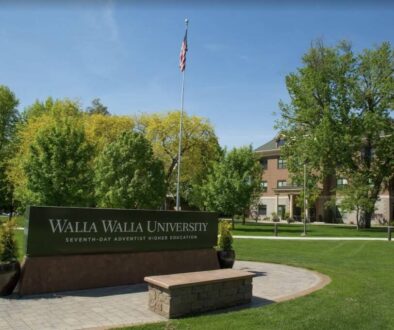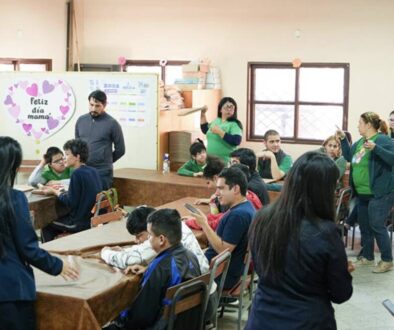ADRA and ACS Aid New South Wales After Devastating Floodwaters
23 May 2025 |
Record floodwaters have devastated New South Wales, leading to evacuations and emergency rescues. Caused by heavy rain, the floodwaters left 50,000 residents isolated and caused four fatalities. Among the affected landscapes are numerous Adventist institutions.
According to the Adventist Record, the Adventist Church in the North New South Wales (NNSW) region experienced damage, with flooding impacting schools, local churches, and the conference office in Cooranbong. Avondale School, Toronto Adventist School, and Manning Adventist Bush School were closed. Better Books & Food, one of the church resource centers, couldn’t be accessed due to the floodwaters. The main building of the NNSW Conference office in Cooranbong remains unaffected for now, but the research room has taken on nearly a foot of water, and the parking lot is completely submerged.
As mentioned in the original Adventist Record article,
“ADRA Australia and NNSW Adventist Community Services (ACS) are partnering with local churches and community members, actively responding to the crisis—providing meals, packing hampers, delivering supplies, and partnering with local authorities to support those displaced or isolated by the ongoing crisis.”
The local churches have jumped into action. Over 50 volunteers from the Adventist schools, local churches, and the wider community gathered to assemble food hampers. Kempsey Adventist Church is collaborating with the State Emergency Service (SES) to organise response teams. Volunteers are using the Taree Adventist Church kitchen to prepare meals for SES workers and organize clean-up teams for the flood damage in the neighborhoods.
Though the relief agencies and local churches are in desperate need of funds, they continue their work. “It’s wonderful to see church members rallying together to use church buildings and resources to be a blessing in their communities,” said Kyle Morrison, interim ACS director for NNSW. “Our pastors and members have their finger on the pulse—they’re listening closely to local needs and springing into action to help where it’s needed most.”




